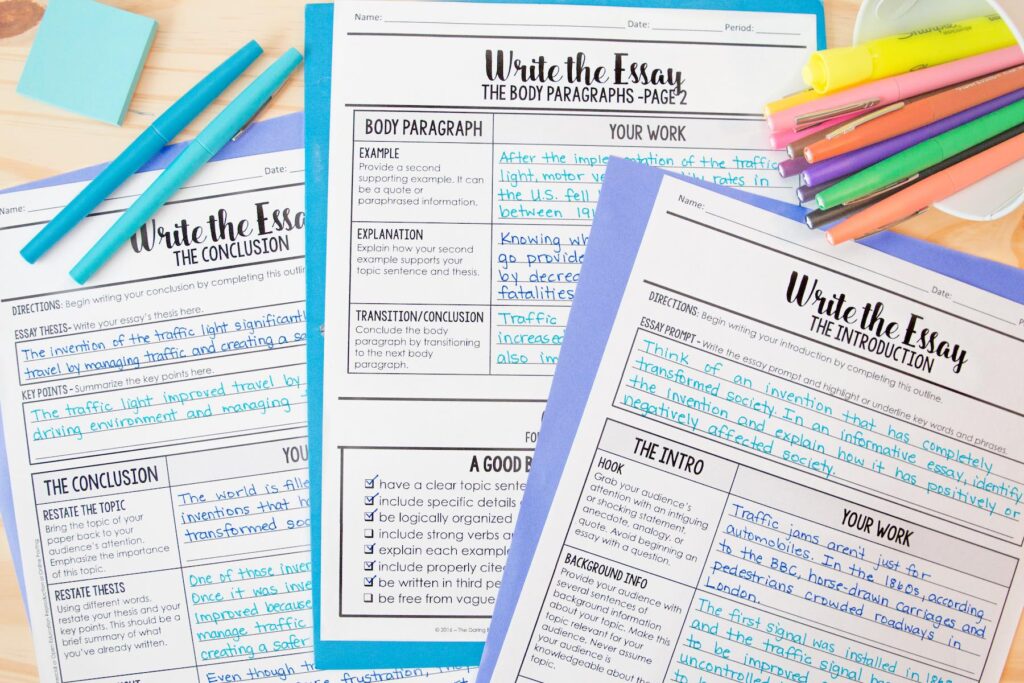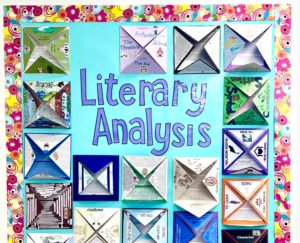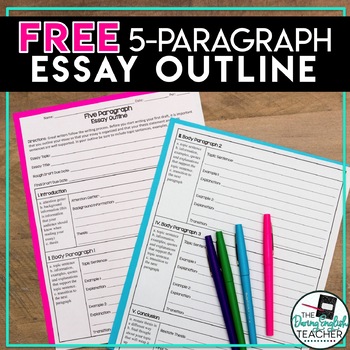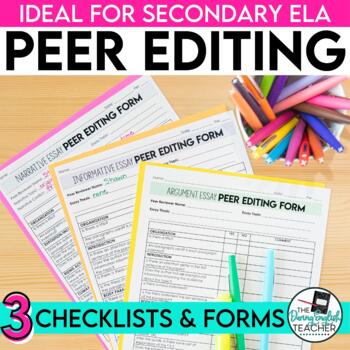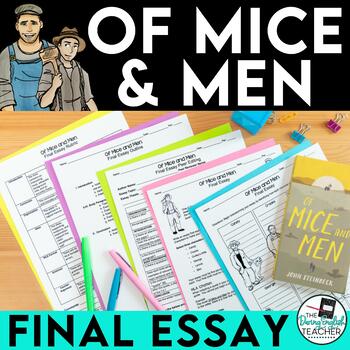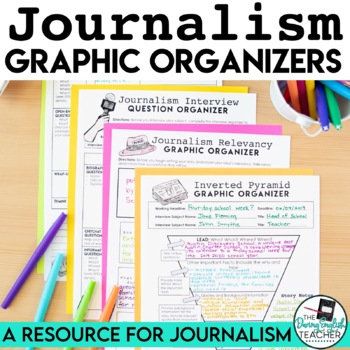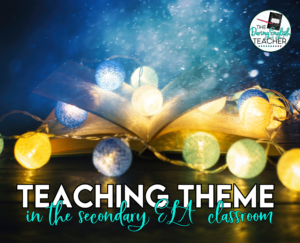
Menu
SUBSCRIBE NOW
THE LATEST
from the blog
WHAT TEACHERS ARE SAYING
After changing grades, I felt like I was starting over again. This program gave me the framework to start this year off successfully. I can plug in my own items/plans where needed, but fall back on this otherwise. It follows my standards and is engaging for students.
Kristen
This unit was such a great investment. It has a great research unit perfectly laid out with graphic organizers, suggested research topics, and rubrics. Made planning my research unit for the end of the year a breeze!
Annette
I used this with both Honors level students and students with learning disabilities. Both groups were engaged and successful with completing the assignment. I love the variety of activities in this resource and will definitely use it again.
Kara
I have never purchased a Daring English Teacher product that I did not love and this one did not disappoint. It is organized so nicely and is easy to use with my multilingual learners.
Patty
Previous
Next
THE LATEST
from the shop
The Daring English Teacher - Ideas for Secondary ELA Teachers



